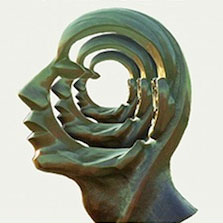Team Science Quiz – May 19
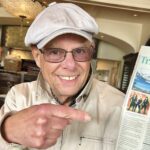
Howard Rachelson


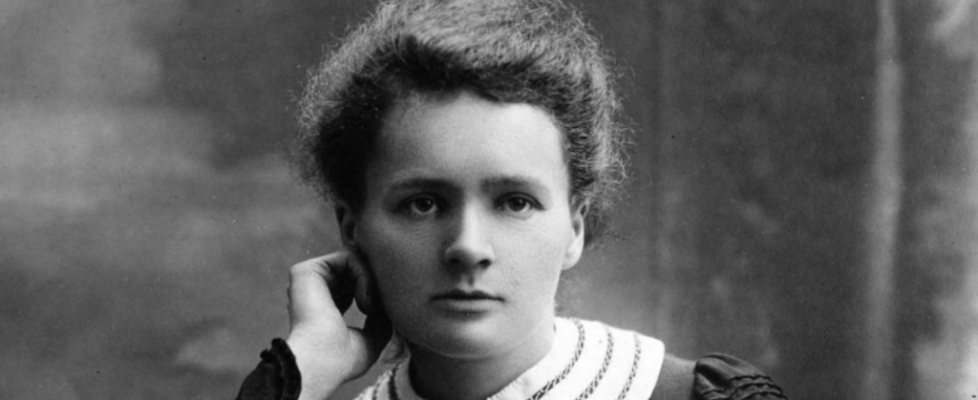
"Nothing in life is to be feared; it is only to be understood." - M. Curie
Wonderfest is delighted to present Madame Curie, a new musical-theater tribute to Earth's most accomplished female scientist. As Maria Sklodowska was becoming Marie Curie, she emigrated 1000 miles from Poland to France, overcame xenophobia and sexism, and pioneered our understanding of radioactivity. In the process, she earned Nobel prizes (plural!) in physics and chemistry, and treated — directly and indirectly — over a million WWI soldiers with her mobile X-ray units.
"I have frequently been questioned, especially by women, regarding how I could reconcile family life with a scientific career. Well, it has not been easy." - M. Curie
Madame Curie brings to life the story and spirit of a revolutionary. It features a compelling narrative, beautiful music, and eleven experienced actors who sheltered in their respective homes during recording! Fully orchestrated in the Rodgers and Hammerstein tradition, Madame Curie will revive your love of science, and it will especially inspire young women to heed their call to the passionate exploration of Nature.
"All my life through, the new sights of Nature made me rejoice like a child." - M. Curie
Madame Curie's YouTube Premiere took place on the evening of December 21st. This musical experience will continue to be available at the Wonderfest Science YouTube channel through the morning of December 24th. Simply visit the webaddress above for an inspiring start to your next revolution of the Sun ... with a revolutionary!
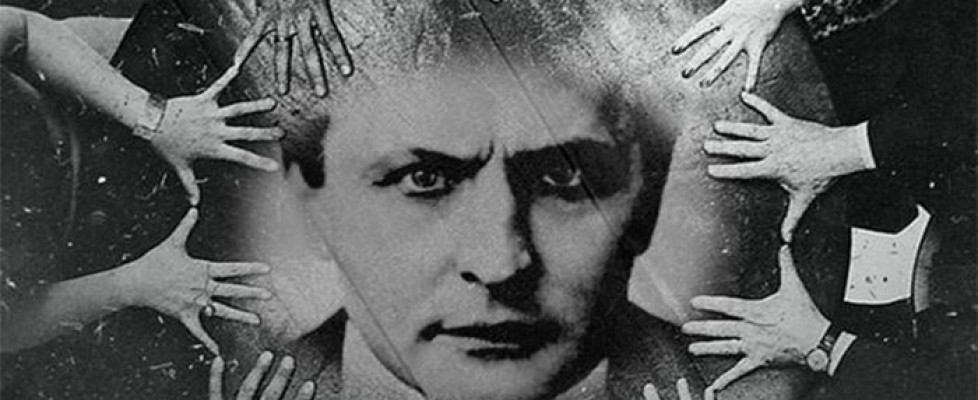
BIG THANKS to these generous donors for supporting Wonderfest through the Official Houdini Séance Kickstarter campaign:
——————————–
Wonderfest works every day to promote the scientific outlook. For as little as $1/month, why not become a Wonderfest Patron? As the Medici family were patrons of popular art in old Italy, you can become a patron of popular science and rationality in the modern Bay Area. (And you’ll get that tax-deduction that the Medici never did!) Please become a regular supporter of Wonderfest, and help enlarge the concept of scientific community.
Become a Wonderfest Patron: http://www.patreon.com/wonderfest
Make a one time donation: http://wonderfest.org/donate
If you shop at Amazon.com, why not shop at AmazonSmile? It doesn’t cost you a dime extra, selection and prices are the same, and a small percent supports Wonderfest and science!
http://amazon.wonderfest.org.
Watch more videos: http://videos.wonderfest.org
Join us on:
http://facebook.com/wonderfest
http://twitter.com/wonderfest
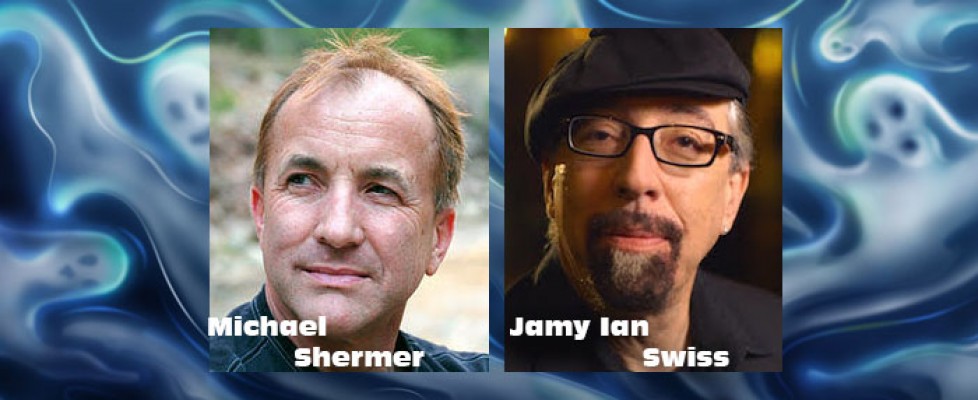
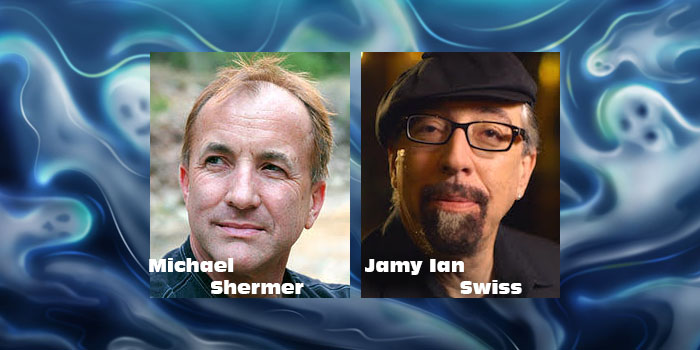 Halloween is the perfect day for a deep and magical dialogue on the supernatural! Michael Shermer is the founder of The Skeptics Society, and monthly contributor to Scientific American magazine. He has written over a dozen books, including The Moral Arc and Why People Believe Weird Things, and he has appeared on The Colbert Report, Dateline, and Charlie Rose. Jamy Ian Swiss is a world-renowned magician and skeptic. He has been featured in print in The New Yorker and Vanity Fair, and on television on 48 Hours, PBS’s NOVA, The Today Show, AND he was a comedy writer and chief magic consultant for Penn & Teller. Please join Shermer and Swiss as they discuss the supernatural — on Halloween — with science and skepticism in mind.
Halloween is the perfect day for a deep and magical dialogue on the supernatural! Michael Shermer is the founder of The Skeptics Society, and monthly contributor to Scientific American magazine. He has written over a dozen books, including The Moral Arc and Why People Believe Weird Things, and he has appeared on The Colbert Report, Dateline, and Charlie Rose. Jamy Ian Swiss is a world-renowned magician and skeptic. He has been featured in print in The New Yorker and Vanity Fair, and on television on 48 Hours, PBS’s NOVA, The Today Show, AND he was a comedy writer and chief magic consultant for Penn & Teller. Please join Shermer and Swiss as they discuss the supernatural — on Halloween — with science and skepticism in mind.——————————–
Wonderfest works every day to promote the scientific outlook. For as little as $1/month, why not become a Wonderfest Patron? As the Medici family were patrons of popular art in old Italy, you can become a patron of popular science and rationality in the modern Bay Area. (And you’ll get that tax-deduction that the Medici never did!) Please become a regular supporter of Wonderfest, and help enlarge the concept of scientific community.
Become a Wonderfest Patron: http://www.patreon.com/wonderfest
Make a one time donation: http://wonderfest.org/donate
If you shop at Amazon.com, why not shop at AmazonSmile? It doesn’t cost you a dime extra, selection and prices are the same, and a small percent supports Wonderfest and science!
http://amazon.wonderfest.org.
Watch more videos: http://videos.wonderfest.org
Join us on:
http://facebook.com/wonderfest
http://twitter.com/wonderfest
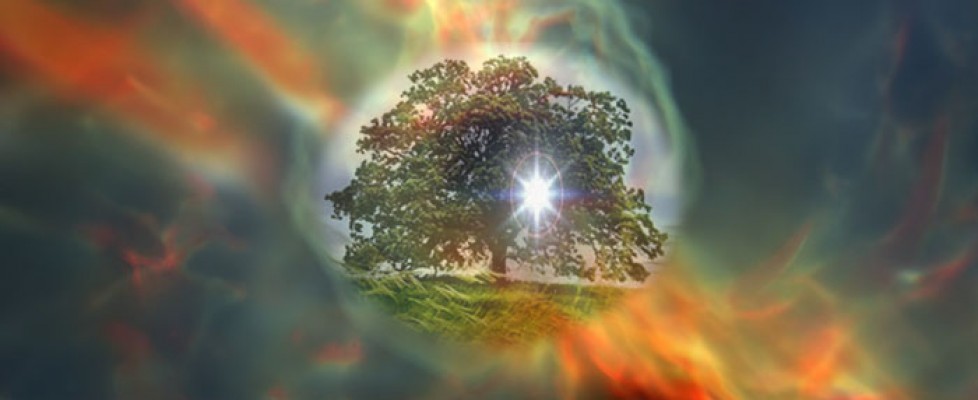
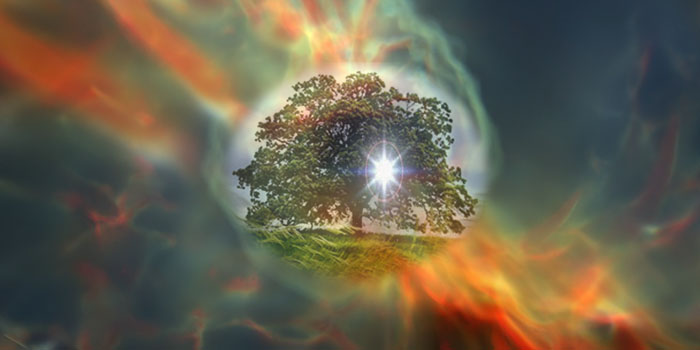 Join us for a fascinating journey through the early universe using the latest computer animations of early star formation, supernova explosions, and the build-up of the first galaxies. Dr. Abel’s work has shown that the first luminous objects in the universe were very massive stars shining one million times as brightly as our Sun. They died quickly and seeded the cosmos with the chemical elements necessary for life. One star at a time, galaxies started to assemble just one hundred million years after the Big Bang, and they are still growing now. Computer simulations of these events use the physics of dark matter, of ordinary atoms & molecules, and of expanding space to deliver remarkable insights into the early history of the cosmos.
Join us for a fascinating journey through the early universe using the latest computer animations of early star formation, supernova explosions, and the build-up of the first galaxies. Dr. Abel’s work has shown that the first luminous objects in the universe were very massive stars shining one million times as brightly as our Sun. They died quickly and seeded the cosmos with the chemical elements necessary for life. One star at a time, galaxies started to assemble just one hundred million years after the Big Bang, and they are still growing now. Computer simulations of these events use the physics of dark matter, of ordinary atoms & molecules, and of expanding space to deliver remarkable insights into the early history of the cosmos.
——————————–
Wonderfest works every day to promote the scientific outlook. For as little as $1/month, why not become a Wonderfest Patron? As the Medici family were patrons of popular art in old Italy, you can become a patron of popular science and rationality in the modern Bay Area. (And you’ll get that tax-deduction that the Medici never did!) Please become a regular supporter of Wonderfest, and help enlarge the concept of scientific community.
Become a Wonderfest Patron: http://www.patreon.com/wonderfest
Make a one time donation: http://wonderfest.org/donate
If you shop at Amazon.com, why not shop at AmazonSmile? It doesn’t cost you a dime extra, selection and prices are the same, and a small percent supports Wonderfest and science!
http://amazon.wonderfest.org.
Watch more videos: http://videos.wonderfest.org
Join us on:
http://facebook.com/wonderfest
http://twitter.com/wonderfest
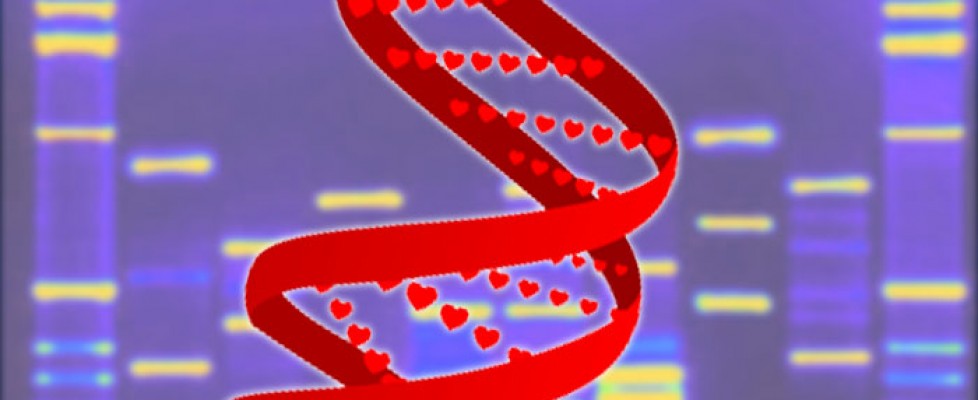
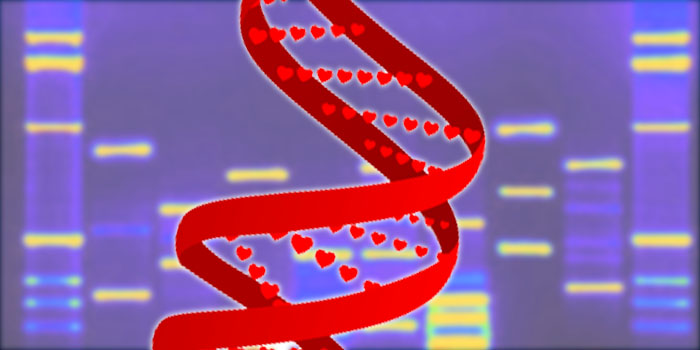 Can 21st-century molecular biology answer age-old questions about the human experience? Can studying proteins and DNA help us understand how we make our choices in sex and love? How we communicate? Where our emotions come from? Or why we age and die? Using stories of people and animals, Peter Schattner will show how the amazing new world of molecular biology is revolutionizing our understanding of what it means to be human.
Can 21st-century molecular biology answer age-old questions about the human experience? Can studying proteins and DNA help us understand how we make our choices in sex and love? How we communicate? Where our emotions come from? Or why we age and die? Using stories of people and animals, Peter Schattner will show how the amazing new world of molecular biology is revolutionizing our understanding of what it means to be human.
Wonderfest works every day to promote the scientific outlook. For as little as $1/month, why not become a Wonderfest Patron? As the Medici family were patrons of popular art in old Italy, you can become a patron of popular science and rationality in the modern Bay Area. (And you’ll get that tax-deduction that the Medici never did!) Please become a regular supporter of Wonderfest, and help enlarge the concept of scientific community.
If you shop at Amazon.com, why not shop at AmazonSmile? It doesn’t cost you a dime extra, selection and prices are the same, and a small percent supports Wonderfest and science! http://amazon.wonderfest.org.
Watch more videos: http://videos.wonderfest.org
Join us on:
http://facebook.com/wonderfest
http://twitter.com/wonderfest

|
|
|
Some 65% of all research and development in the U.S. is funded by private interests. History shows that the corporate funding of scientific research can be problematic — the tobacco industry offers a potent example. When corporations fund science, is truth the ultimate goal, or is stockholder profit? Please join five outstanding scholars and teachers as they take part in a panel discussion that asks, “Does Corporate Funding Corrupt Science?”:
Lisa Bero, Professor of Health Policy, UCSF Prof. Bero served as: (1) advisor to the World Health Organization (WHO) Department of Essential Medcicines and Pharmaceutical Policies, (2) member of the WHO Essential Medicines Committee, and (3) member of the Pan American Health Organization Advisory Committee on Health Reseach. She is Director of the San Francisco branch of the United States Cochrane Center. And, for 12 years, she was an elected member of the Cochrane Collaboration Steering Group. She serves on several national and international committees related to conflicts of interest and research, such as the Institute of Medicine Committee on Conflict of Interest in Medical Research, Education, and Practice.
Hank Greely, Professor of Law, Stanford
Dave Patterson, Professor of Computer Science, UC Berkeley A measure of the success of these projects is the list of awards won by Prof. Patterson and his teammates: the C & C Prize, the IEEE von Neumann Medal, the IEEE Johnson Storage Award, the SIGMOD Test of Time Award, the ACM-IEEE Eckert-Mauchly Award, and the Katayanagi Prize. He was also elected to the American Academy of Arts and Sciences, National Academy of Engineering, National Academy of Sciences, the Silicon Valley Engineering Hall of Fame, and Fellow of the Computer History Museum. The full list includes about 30 awards for research, teaching, and service.
Robert Proctor, Professor of History, Stanford
Richard Zare, Professor & Chair of Chemistry, Stanford Prof. Zare is the Marguerite Blake Wilbur Professor in Natural Science. He earned his Ph.D. in chemical physics in 1964 from Harvard University. He has won more awards for outstanding research than we can possibly enumerate here. Prof. Zare is a member of the National Academy of Sciences; he was awarded the National Medal of Science in 1983; and, just two years ago, he won the highest honor bestowed by the American Chemical Society: the Priestley Medal. With his colleagues at Stanford’s Zare Lab, Prof. Zare continues to investigate many diverse aspects of physical chemistry. He loves to teach, and he offers crucial support to Wonderfest by serving as both board member and technical advisor. These experts will examine at least five major industries: pharmaceuticals (Bero), biomedicine (Greely), computer science (Patterson), tobacco (Proctor), and chemistry (Zare). Subsequent discussion of the various controversies promises to be enlightening and important. Does truth triumph in corporation-funded research? Under what conditions might it not? WONDERFEST and the Stanford Chemistry Department jointly present a very special panel discussion. Come take part! Co-Sponsor: Stanford Chemistry Dept.
|
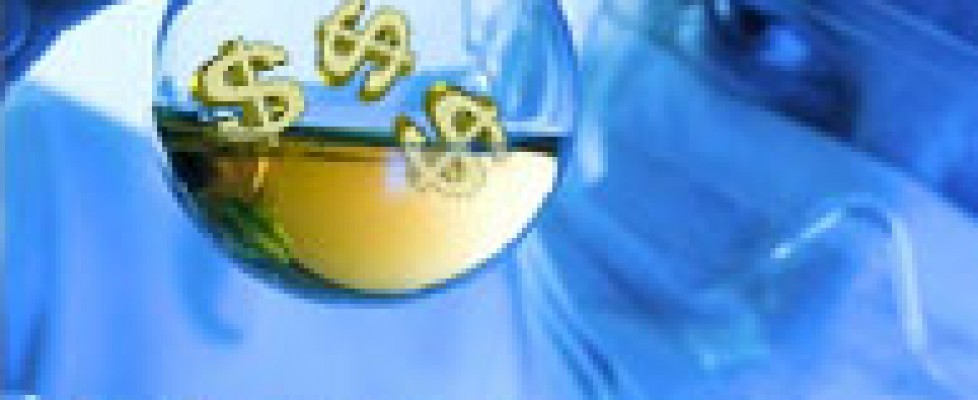
Dear Wonderfest friend,
As "the Bay Area Beacon of Science," Wonderfest is charged with illuminating a great deal of geographic and intellectual territory! Let's see if Wonderfest is living up to its ambitious new subtitle.
On March 2, Wonderfest joins the Stanford Chemistry Department in presenting Does Corporate Funding Corrupt Science? When corporate money supports research, is truth the ultimate goal, or is stockholder profit? The tobacco industry seems to offer a potent example of "private" science gone awry. Can we establish general conditions of research funding under which truth always triumphs?

Here is the group of outstanding scholars that Wonderfest has assembled for this panel discussion: (Respective areas of expertise appear in parentheses.)
For more information and for speaker biographies, please see this wonderfest.org page.
Next, on April 18, Wonderfest joins Ask a Scientist in San Francisco to explore one of the most profound questions in science: Whence Consciousness? UC Berkeley neuroscientist and anthropology department chair Terrence Deacon will present Incomplete Nature: How Mind Emerged from Matter.
